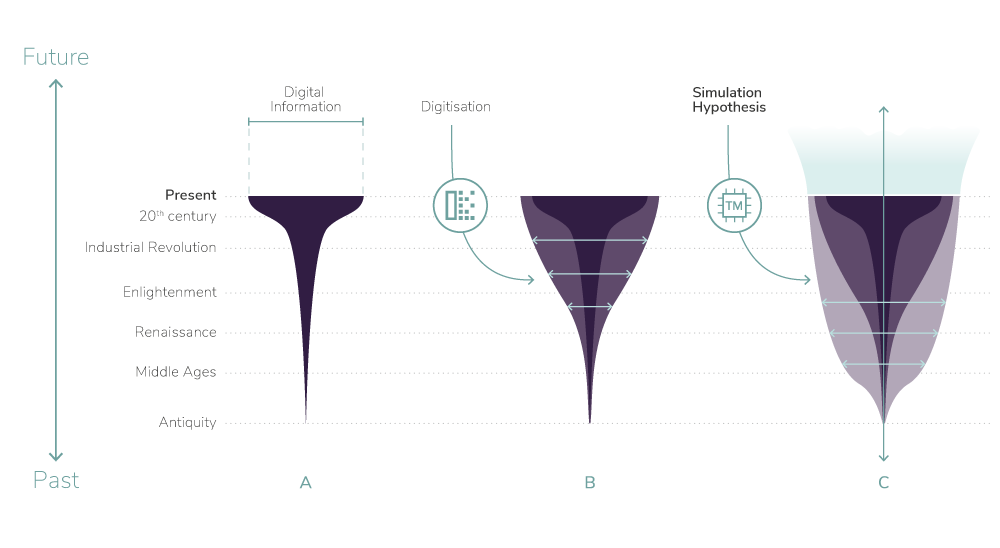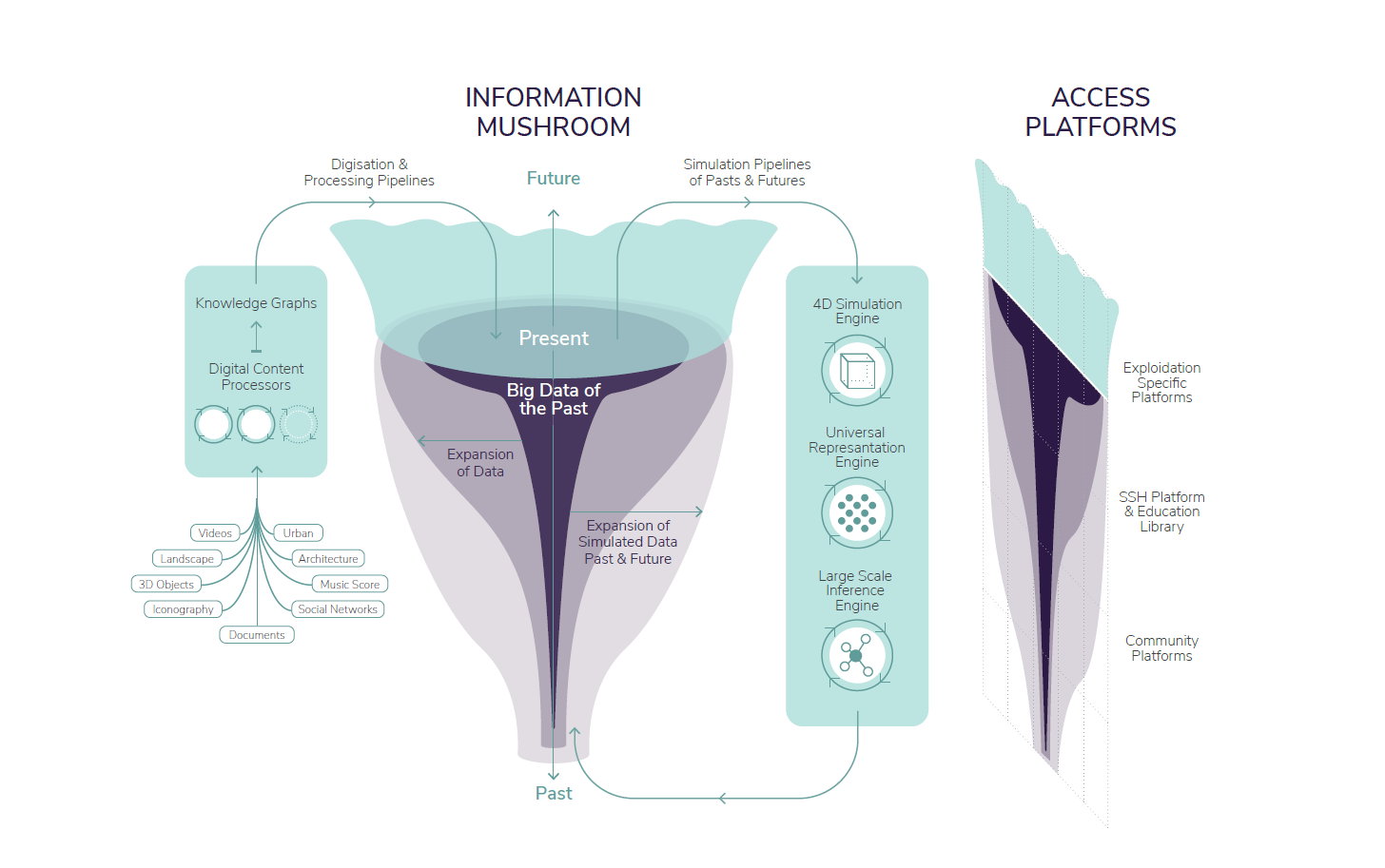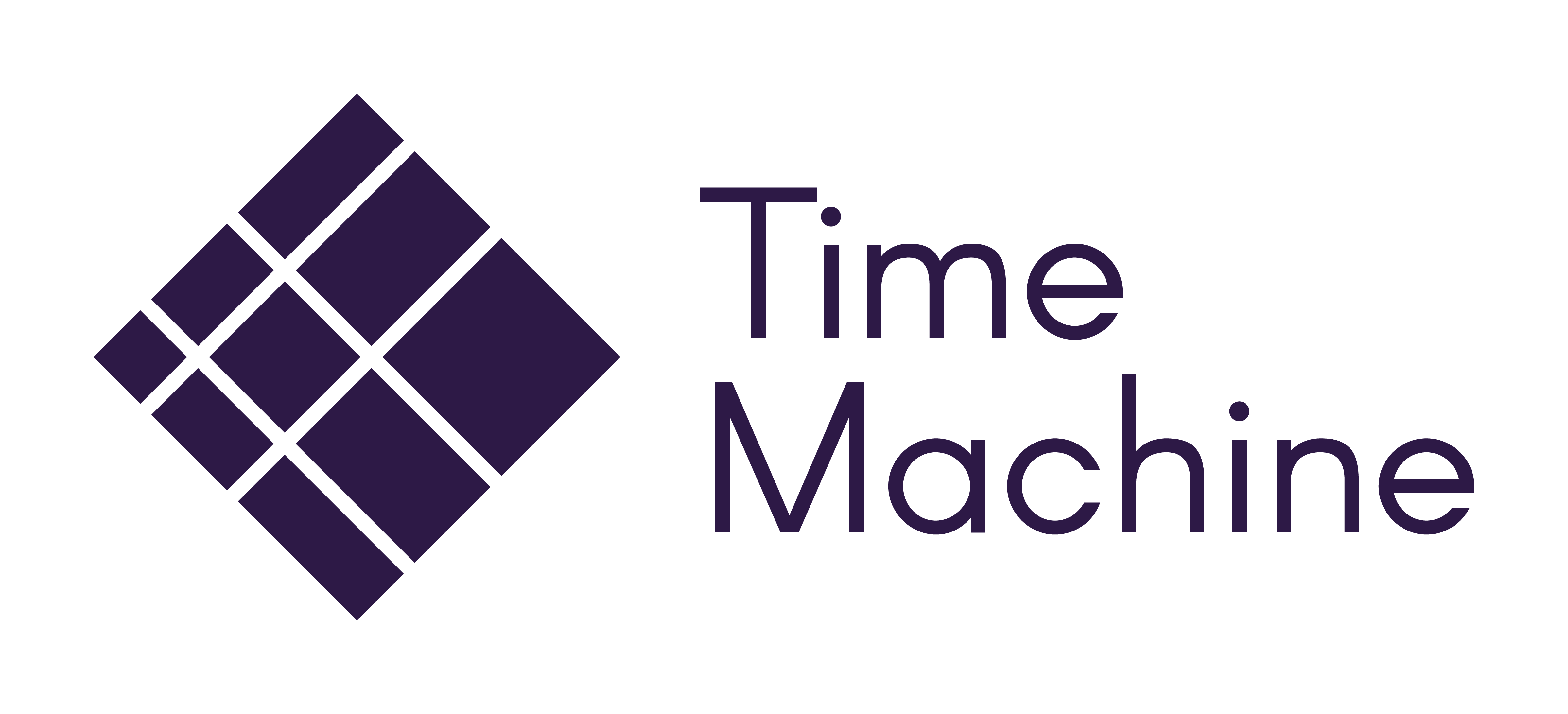Presentation
The Time Machine Organisation (TMO) is the leading international organisation for cooperation in technology, science and cultural heritage and the institutional governing framework that ensures the sustainability and economic independence of the Time Machine initiative.
The TMO is an internationally oriented association under Austrian law and headquartered in Vienna. As such, the association is open to any type of legal entity that deals with science, technology and cultural heritage. Furthermore, it is possible for individuals to join the Time Machine network by becoming a Time Machine Supporter.
Membership is based on the organisation´s constitution and the respective membership fee regulation.
The Time Machine initiative
The Time Machine initiative is a community-driven alliance invigorating European history with the Big Data of the Past. Time Machine aims to join Europe’s rich past with up-to-date digital technologies and infrastructures, creating a collective digital information system mapping the European economic, social, cultural and geographical evolution across times.
Such computational models are key resources for developing new critical reflections on our past and future, enabling new insights for historians, social scientists, creative arts professionals, policy makers, and for the general public, with a significant common denominator: contributing to informed decision-making from everyday life to academic, professional and political matters.
Digitisation is only the first step of a long series of extraction processes, including document segmentation and understanding enhanced by Augmented/Virtual Reality (AR/VR) applications, leading to simulations of hypothetical spatiotemporal 4D reconstructions.

Adding a new Dimension to the Past
Time Machine aims to develop the Big Data of the Past, creating a huge distributed digital information system mapping the European social, cultural and geographical evolution across times. This large-scale digitisation and computing infrastructure will enable Europe to turn its long history, as well as its multilingualism and interculturalism, into a living social and economic resource.

Figure 22: Time Machine Digital Content Processor and the three simulation engines
Pushing Frontiers
By pushing the frontiers of scientific research in Information and Communication Technologies (ICT) and in the Social Sciences and Humanities (SSH), Time Machine will strongly impact key sectors of European economy: ICT software, especially Augmented/Virtual Reality (AR/VR) applications; the creative industries; and tourism. Moreover, it will offer new perspectives in urban planning, land management and developing smart cities.
Time Machine will have strong positive long-term effects on European cohesion, economy and society, with concrete contributions to promoting critical thinking at all levels of decision making, to strengthening the feeling of European identity, as well as to boosting scientific and technological competitiveness, entrepreneurship and employment in knowledge-intensive and creative sectors across the European Union.

